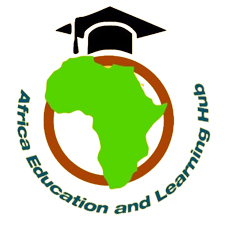| dc.description.abstract | This KAP case survey recognized the internationally acknowledged definition for children with disabilities (CYWD). The term ‘children with disabilities’ in this case survey is used to refer to children up to the age of 18 who have “long-term physical, mental, intellectual, or sensory impairments which in interaction with various barriers may hinder their full and effective participation in society on an equal basis with others”1. However, the intention of this case survey was to secure participants’ knowledge, attitudes and practices (KAP) based on their own understanding of the term.2
The survey was commissioned by REFAC in September 2020 as a ‘Knowledge, Attitudes and Practices (KAP) Case Survey on Education of Children and Youth Disabilities in the Districts of Kamonyi, Bugesera, Kicukiro, Gasabo and Nyarugenge’ as part of the implementation of the “Active Civil Society for Inclusive, Equitable and Quality Education in Rwanda” Project funded by the Education Out Loud through Oxfam Ibis. The intention of the survey has been to deliver a set of trustworthy data regarding the current extent, characteristics and provision (the knowledge, attitudes and practices) for education of children and youth with disabilities, together with a set of general recommendations for future action. The survey comprised five phases; the first phase scrutinized the existing literature on education of children and youth with disabilities in Rwanda; the second phase used three instruments to gather data from an agreed sample within the 5 Districts targeted in the project; the third phase comprised an interrogation of the data generated; the fourth phase provided a full draft of the final report for scrutiny by REFAC and Stakeholders; and the fifth and last phase constituted the delivery of a workshop, supported by appropriate resources, regarding the survey findings.
The survey has generated data that provide evidence on the KAP of education of children and youth with disabilities in the Districts of Kamonyi, Bugesera, Kicukiro, Gasabo and Nyarugenge, primarily from the perspectives of families with children and youth with disabilities and those without. Key findings thus relate to both groups. In addition, data were secured from education policy implementers, education service providers and religious leaders. Data were secured using both quantitative and qualitative instruments: a household survey questionnaire, a focus group discussion tool and informal interviews with key individuals working in the field. Data reporting and analysis have been undertaken in recognition of the accepted view that ‘Knowledge’, ‘Attitudes’ and ‘Practices’ are interrelated, in that respondents who have a greater Knowledge regarding education of children and youth with disabilities will express Attitudes of concern regarding issues relating to education of children and youth with disabilities and incorporate them within their Practice. | en_US |

